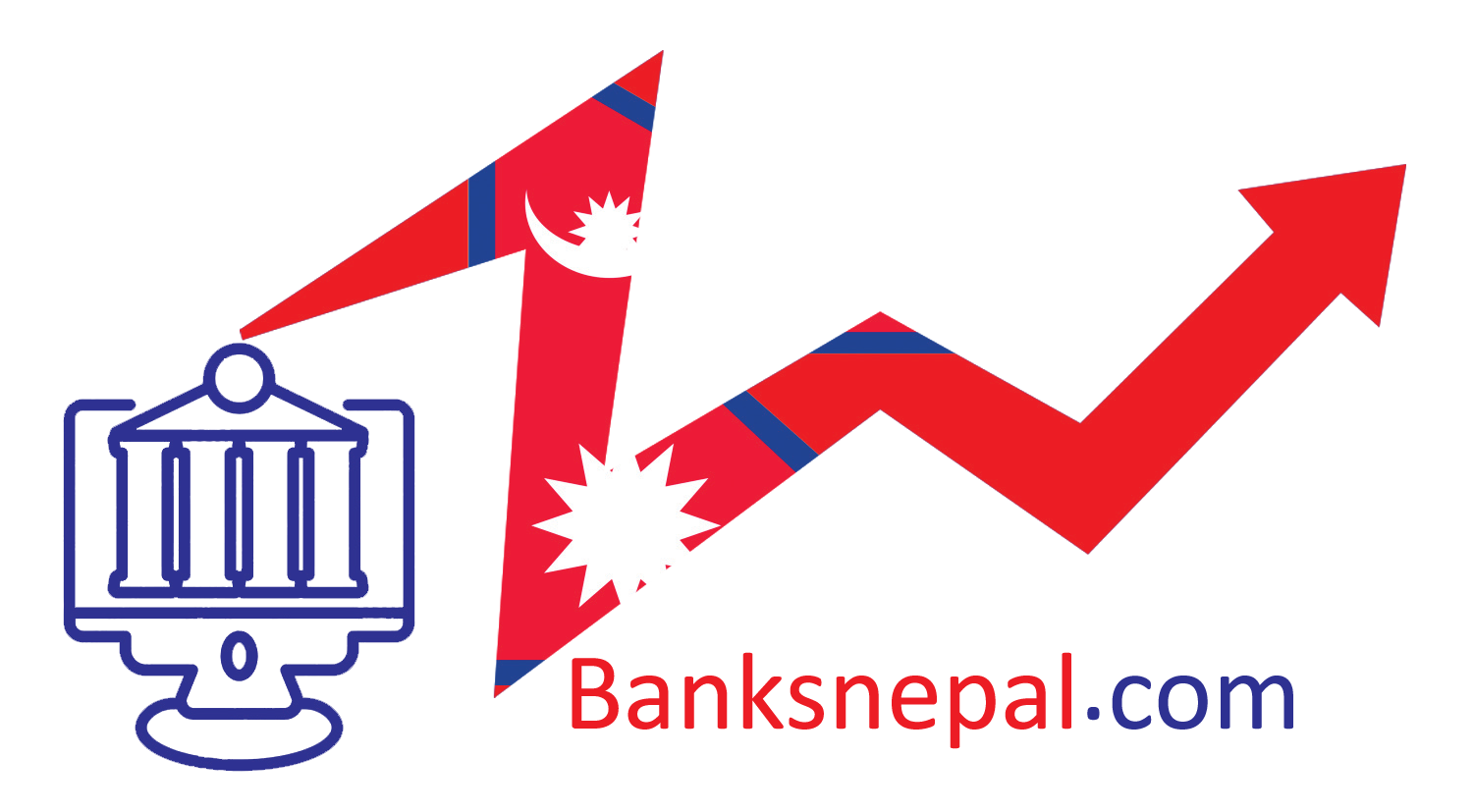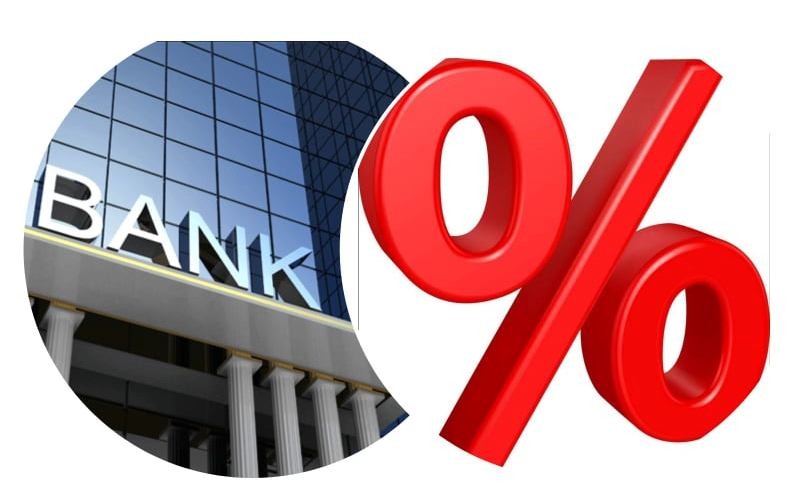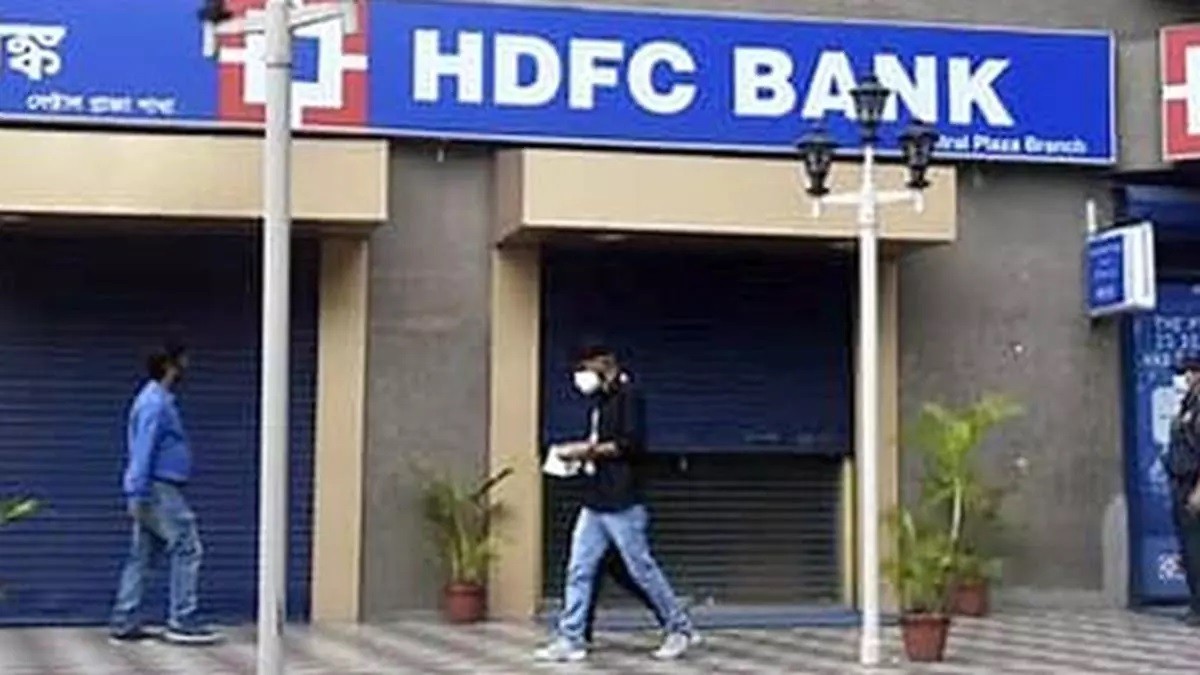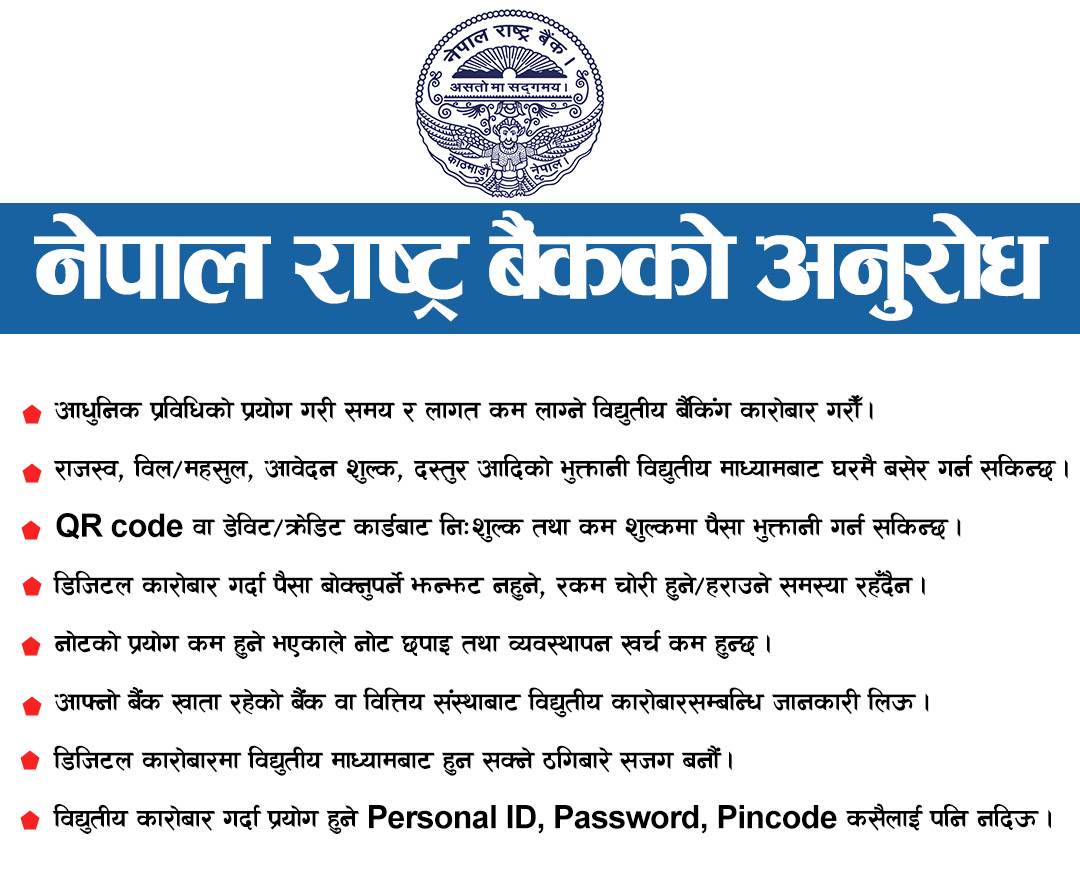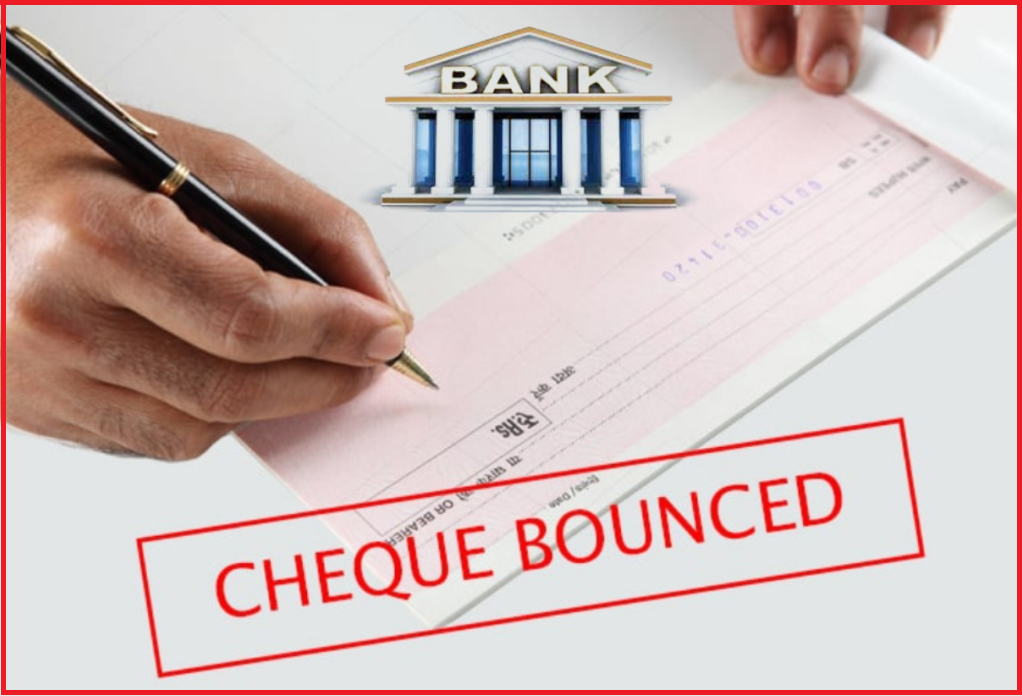
Kathmandu. Banking malpractice cases have increased rapidly in Nepal. Especially the recent check bounce issue has increased a lot. According to the statistics obtained from the Nepal Police, the number of complaints under banking offenses has also increased.
More than 8,500 checks have been bounced in 9 months. According to the police, check bounces have increased due to the recent financial crisis. According to statistics, 8,691 cases of check bounce have been registered with the police in 9 months of the current financial year 2079/80. Which is the highest so far. According to the police, according to the statistics till the end of March, checks worth 17 billion 1083 million rupees have been bounced.
Last year, 5,370 cases of check bounce were registered. According to the police, checks worth Rs 6 billion 71 crore 92 lakh were bounced last year. 1 thousand 180 men and 179 male (swadeshi) and 79 foreign nationals have been arrested in the same check bounce case.
According to the Nepal Police, such cases have increased with the increase in check transactions. According to the police, the issue escalated when the check was not cashed because the amount in the bank account where the check was cut was insufficient. According to the police, foreign nationals have also been arrested in check bounce. In the ninth month of the current year, 4 foreign nationals were arrested in the check bounce case. During that period, Nepalese have arrested 1 thousand 189 men and 319 women.
In the course of business transactions, there has been an increase in the practice of settling transactions and giving money on interest or taking checks instead of money. However, checks are issued even if there is insufficient funds in the bank account. Those who have bounced a check will be allowed to take a check instead of the amount. Later they don't have enough money in their account. And checks seem to bounce. More recently, due to the economic crisis, check bounces are more common. If a check given for payment is not paid by the bank and is returned, it is considered a 'check bounce'. When the account holder pays someone through a cheque, the check bounces if there is not enough money in the account holder's account or if the check is not signed.
